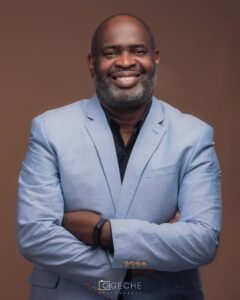Why Removing Mathematics from Arts Admissions May Hurt Nigeria’s Human Capital

The Federal Government’s recent decision to remove Mathematics as a compulsory subject for students in the Arts and Humanities seeking admission into Nigerian universities has continued to stir intense debate among education stakeholders and concerned citizens.
One of the most prominent voices reacting to the reform is Prof. Yomi Fawehinmi, a Human Resources and Change Management Consultant, who has openly questioned both the necessity and rationale behind the new policy.
Prof. Fawehinmi acknowledged that reforms in the education sector are sometimes needed to reflect changing realities. However, he argued that the current administration appears to make frequent changes without clearly identifying the problems those reforms are intended to address.
“Our education minister loves to make frequent changes. The problem is that you don’t know the problem he’s trying to solve. It seems to me that sometimes his solutions are looking for problems,” he said.
He noted that if over 60 per cent of students who sat for the NECO examination this year obtained a credit in Mathematics, then there seems to be no statistical justification for removing the subject from admission requirements.
“If more than half of the students passed Mathematics, then what exactly is the problem?” Prof. Fawehinmi asked.
“Who says an Arts student doesn’t require Mathematics for their profession? Science has shown that the same part of the brain used for Mathematics is also engaged in music. Should we excuse Arts students from Mathematics, or should we focus on improving their self-efficacy?”
According to him, Mathematics is not just a subject but a mental discipline that sharpens critical faculties essential to all fields of study. He expressed concern that weakening its relevance could have far-reaching consequences for Nigeria’s human capital development.
“I am deeply concerned about our human capital, especially when we start to toy with a subject like Mathematics that teaches process, analytical thinking, logic, and problem-solving,” he warned.
“Removing Mathematics for Arts and Humanities students risks producing graduates who may struggle with reasoning, structure, and problem analysis — skills that every profession, including the arts, requires.”
Prof. Fawehinmi emphasized that true educational reform should be driven by data and long-term strategic objectives, not reactionary policy shifts.
“Every policy should begin with a clear understanding of the problem it seeks to solve. Without that, we are merely changing for the sake of change — and that does not build a nation,” he said.
His remarks echo the sentiments of many Nigerians who believe that while broadening access to tertiary education is a worthy goal, it must not come at the expense of quality, logic, and intellectual discipline.





